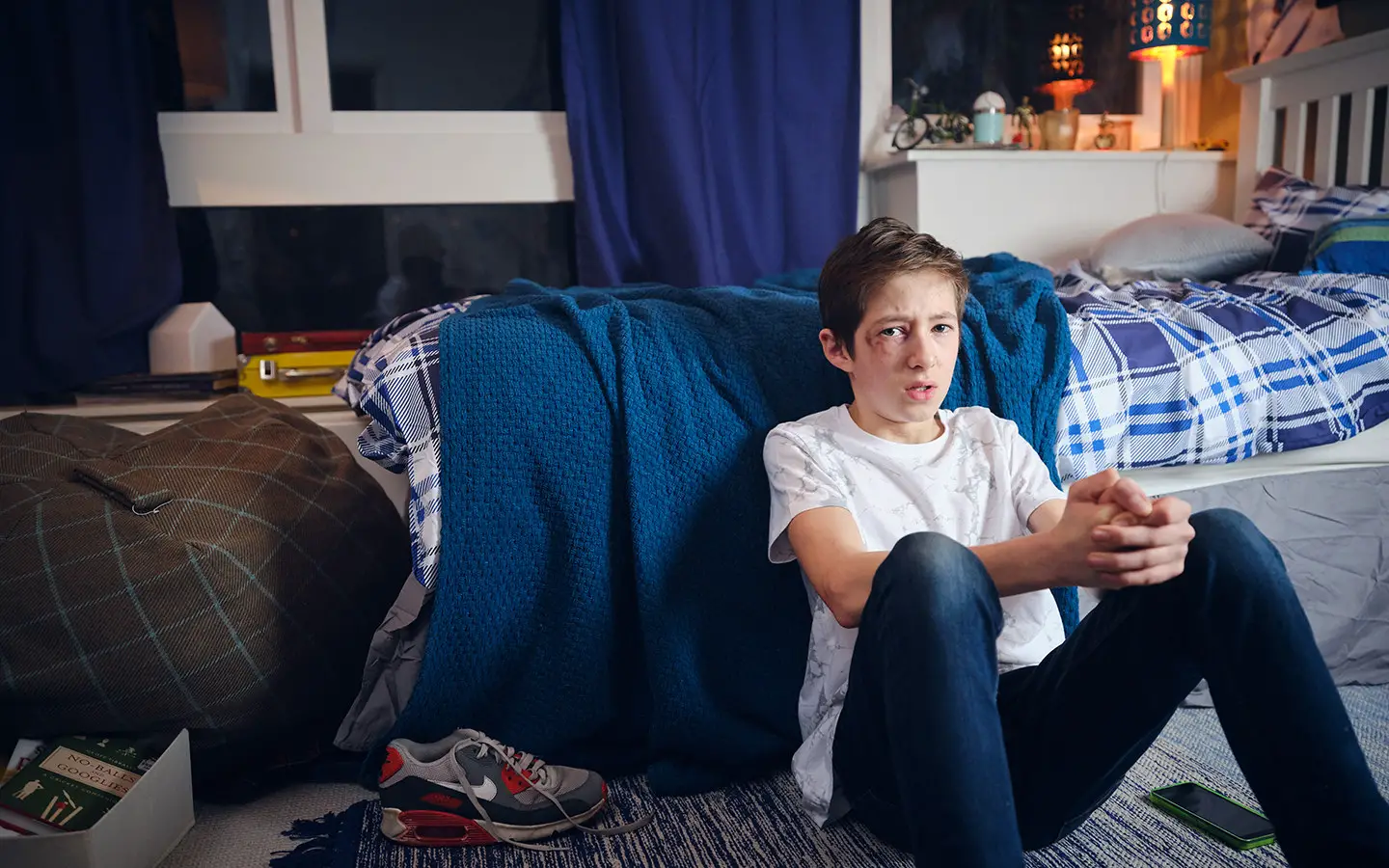The NSPCC has revealed across the UK – on average – 67 children a day are receiving help from its Childline service as they struggle with suicidal thoughts and feelings.
In 2018/19 nationally Childline delivered 24,447 counselling sessions to young people plagued by a sense of despair, a three-year increase of a quarter (25%).
ChildLine’s South-East base in London delivered 3,638 of those counselling sessions in 2018/19 to young people from across the UK.
Sharp rise in under 11s receiving help
Nationally most of those reaching out were teenagers, but there has also been a sharp rise in under 11s receiving help (87% since 2015/16)
Young people contacting Childline with suicidal thoughts and feelings cited specific concerns about mental health, self-harm, family relationships and problems at school and college. Girls were more likely to talk about these feelings, with five times as many receiving counselling sessions than boys.
KIDS In Real Life
In response, the NSPCC is today launching a nationwide campaign – KIDS In Real Life – urging the public to help them save a child’s life, in real life.
#KIDS_IRL is highlighting that with so much of childhood today happening online, there are more ways than ever for children to hide how they really feel.
But behind the filters, feed and emojis, many of them are suffering. Some are even thinking about taking their own life.
‘Pledge to Protect’
The NSPCC is calling on people to show their support through a ‘Pledge to Protect’ and make a donation to fund vital services like Childline which are there for children and teenagers when they have nowhere else to turn.
#KIDS_IRL is being brought to life by a series of hard-hitting films and adverts to raise awareness of the struggles many children and teenagers face across the country.
The stories of children and young people featured throughout the campaign are based on real life experiences of young people who have contacted the NSPCC.
Childline “really helped”
Jake from Chatham in Kent suffered with his mental health from a young age after his mum walked out on him when he was 7 months old. Since then he has lived with his paternal grandparents and struggled with his mum coming in and out of his life. Jake reached out to Childline in his darkest moments.
Jake now 18 said:
“I always advise people to call ChildLine now on the message boards. It’s a service that helps. They’re so trained and I really trust it. I normally had about an hour talking with them and that was what was needed.
“I didn’t really have anyone or a reason or anything before that but when I could reply to people and realise it wasn’t just me, it really helped.”
Since launching its online chat service, the demand for support and advice from Childline has continued to rise.
Rantzen: Statistics are “deeply disturbing”
Esther Rantzen, Founder and President of Childline, said:
“When we launched Childline in 1986, the majority of calls were from young people describing pain caused by someone else, this could include abuse, bullying or neglect. But over the last ten years we have seen a rise in the number of children describing their feelings of such intense unhappiness that they tell Childline they want to end their own lives.
“It is deeply disturbing that we have reached a point where, on average, 67 children a day are receiving help for suicidal thoughts and feelings.
“This new campaign highlights that many of these profoundly unhappy young people hide their feelings to those around them online, bottling up their suicidal thoughts which may become overwhelming.
“Worryingly we don’t have the resources to be there for every child who needs us, which is why it is so important the public get behind #KIDS_IRL and supports the NSPCC in their mission to be there for all the young people who reach out in their darkest hour.”
News shared by Ranjit on behalf of the NSPCC. Ed





